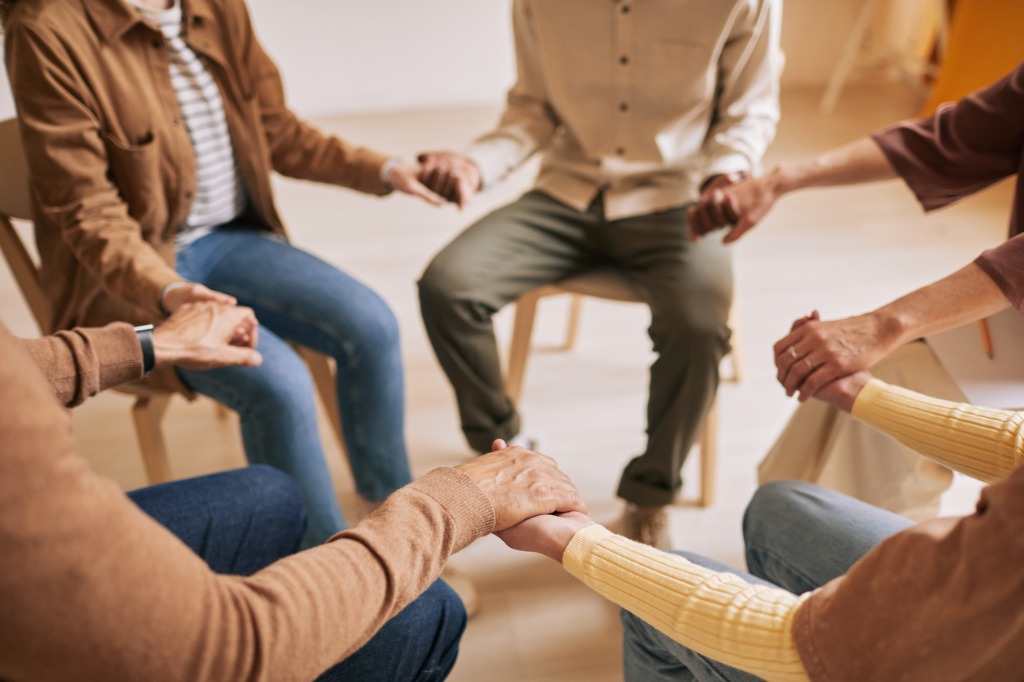Relapse is when someone in recovery uses substances again. Substances change the way the brain operates and restoring normal brain function is difficult and takes time, this is when relapse may happen. Relapse is usually caused by exposure to people, places, things or emotions that remind people in recovery of substance use. These triggers cause intense cravings or make people in recovery think they need alcohol or other drugs to cope.
Relapse is a common, but difficult, part of recovery from substance use disorder. Between 40 and 60 percent of individuals in recovery experience relapse. Relapse is not failure, and many people try treatment more than once- the door to treatment and recovery is always open.
When someone in recovery has a relapse, they have a higher risk of overdose. This is because they have a lower tolerance from not using a drug regularly. Tolerance can begin to decrease after a few days of sobriety. People who maintain sobriety for several weeks or months become much less tolerant than they were in the past.
Learn more about how to stop an overdose with Naloxone.
Learn the warning signs for relapse – You can prevent a relapse if you pay close attention to your feelings and behaviors. Try to learn those feelings, thoughts, and actions that may be leading you toward a relapse. These include:
Feelings:
- Anxiety
- Anger
- Feeling irritable
- Feeling sorry for yourself
- Denial
Thoughts:
- Downplaying how your past use affected you and others
- Glamorizing drinking or using other drugs
- Fantasizing about using or having a drink
- Thinking about the places where you drank or used
Actions:
- Hanging around the people you drank or used with
- Hanging out in places where you used to drink or use
- Shutting out people who support your recovery
Learn how to help prevent relapse – the good news is that you can do many things to deal with uncomfortable feelings and thoughts. Taking these steps can help to prevent you from using again:
- Tell someone you’re feeling irritable, angry, or lonely.
- Tell someone if you’re having thoughts about past use, or urges to use.
- Get enough sleep, exercise, and eat well.
- Learn what makes you to want to drink or use drugs and avoid those people, places, and things.
- Make a list of the positive things in your life—no matter how small.
- Do something to distract yourself in the moment. Call a friend in recovery, go for a walk, eat a sweet snack, clean, watch TV, write in a journal, or go to a meeting.
- Wait for 30 minutes. Most urges last for less than 15 to 30 minutes. Distract yourself (see above), breathe deeply, and remind yourself it will pass.
Find recovery support – feeling connected to others is an important way to prevent relapse. Support groups and recovery communities across Illinois can provide recovery tools to maintain your new way of life. Talk with an IL Helpline Specialist at 833-234-6343 or text “HELP” to 833234 to find services to support you in your recovery journey.

